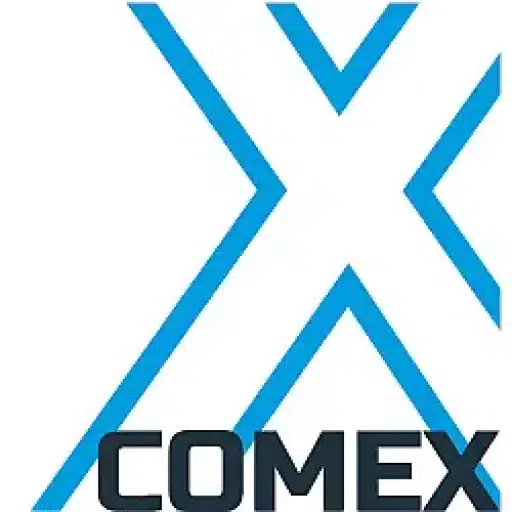+31 (0)43 30 88 400 | office@comex.eu

Healthcare data storage: here’s how to do it right.
Storage of large amounts of data is no easy task. Security and privacy are values that are held high and that is extra in the case of patient data. Not for nothing did it make the daily newspapers: MP Maarten Heijink (SP) raised serious concerns in early May about the use of Google Cloud Platform to store medical data of hundreds of thousands of hospital visitors. And as early as late March, the AD wrote that medical data from electronic health records is being stored in the public cloud, only to be processed pseudonymously at the request of hospitals. But isn’t it very easy for Google to trace this data back to a single person?
What’s going on?
It turns out that patient data of people who visited a hospital in the Netherlands is stored on servers in America. Dutch hospitals, according to themselves, comply perfectly well with Dutch law and store their data to the best of their knowledge in Europe, or even in the Netherlands. While the hospital will comply with those rules, the third party may store the data elsewhere. That’s a point to be aware of, though: if you instruct a party to store data, data may end up in places you don’t want it. In itself not a disaster, as long as it is known and you are aware of it.
Where are the dates?
If you necessarily want to know where your data is and have a clear geographic restriction on it, then the key is to clearly give any subcontractors these rules or laws. That’s tricky when you store data in the cloud, though: effectively, you don’t know where your data is stored. Nowadays you can choose a continent and even “Europe West” and “Europe North,” but whether such a server is located in Germany or the Netherlands is hard to tell. Nor is that how the cloud works.
And then this
By the way, there is a great alternative for secure data storage. An alternative with all sorts of wonderful benefits. We are happy to tell you more about it.

